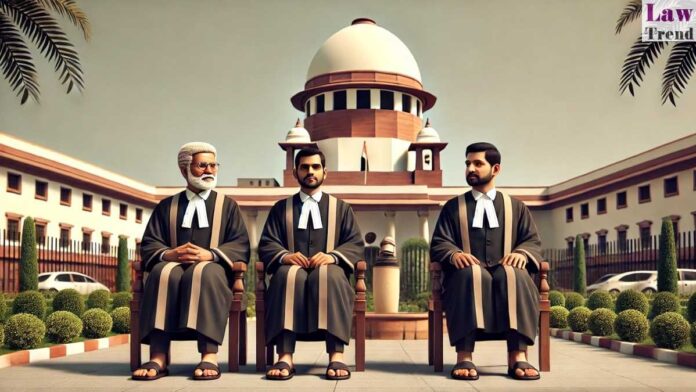The Supreme Court on Monday voiced concern over some high court judges being unable to “deliver on their tasks,” stressing the need for a structured performance evaluation mechanism within the judiciary.
A bench of Justices Surya Kant and N. Kotiswar Singh observed that while several judges were working tirelessly and disposing of cases at an outstanding pace, others struggled to meet expectations. “There are judges who work day and night and are giving outstanding disposal of cases. But at the same time, there are some judges who unfortunately are unable to deliver – whatever may be the reasons, good or bad,” the bench said.
Bail Cases vs. Criminal Appeals
Drawing a distinction between the nature of cases, the bench clarified that performance expectations must be calibrated. “Suppose a judge is hearing a criminal appeal, then we don’t expect him to decide 50 cases in a day and deciding one criminal appeal in a day is itself a very big achievement. But in a bail matter, if a judge says I will decide only one bail matter in a day, that is something which requires introspection,” Justice Kant remarked.
The court emphasised that the issue was not about monitoring judges like a “school principal,” but about establishing broad guidelines so that judges understand the tasks before them and the level of delivery expected.
Trigger for Observations
The remarks came in a matter concerning criminal appeals, where several life convicts and death row prisoners had complained that the Jharkhand High Court had reserved judgments for years without delivering verdicts. Though the high court eventually pronounced the judgments and acquitted many of the convicts, the Supreme Court flagged the systemic issue of prolonged delays.
Advocate Fauzia Shakil placed before the bench a chart on the status of reserved judgments across high courts, noting that some high courts failed to provide the data in the prescribed format. The bench directed her to compile and submit information on the dates of reservation, pronouncements, and uploading of judgments within two weeks. Senior advocate Ajit Sinha was also asked to assist the court.
Adverse Impact of Adjournments
Justice Kant cautioned that unnecessary adjournments harm the reputation of judges. “Every judge should have a self-management system to ensure that case files don’t pile up on their desk. Some of the judges have a habit or an anxiety of hearing more and more cases and as a result they unnecessarily adjourn the cases,” he noted, adding that such practices can damage the judiciary’s image.
Mandate on Pronouncement of Judgments
The bench further recalled the apex court’s earlier ruling that when only the operative portion of a judgment is pronounced, the reasons must follow within five days. “Unless the timeline is modified by this court, the high court is bound to follow it,” the judges underlined.
By stressing accountability and timely disposal, the Supreme Court signalled that public confidence in the judiciary rests not only on fair adjudication but also on the efficiency and timeliness of its delivery.




